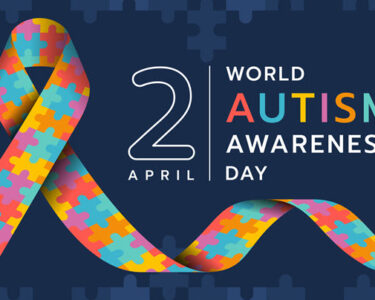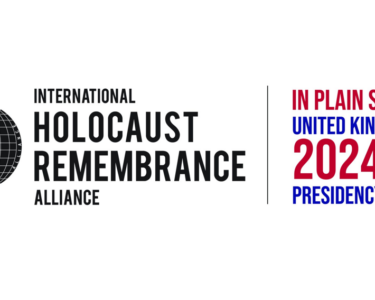The UCL Centre for Holocaust Education welcomes the recent budget announcement allocating £1.7 million to educate the next generation about the Holocaust. In particular the Centre appreciates the statement from the Treasury that, “organisations specialising in Holocaust education will be able to apply for the funds to support projects in schools and visits to the Bergen Belsen camp, in Germany, as part of pupils’ education on the horrors that took place during the Holocaust.” The Centre, therefore, eagerly looks forward to assisting the government and other leading Holocaust education organisations in this timely and important enterprise.
Our 2016 national study of more than 8,000 students’ knowledge and understanding of the Holocaust – the largest study of its kind anywhere in the world, revealed that typically young people in England have a very limited knowledge of this history. In particular, students’ understanding of Britain’s role in, and response to, the Holocaust was especially ill-informed and often wrapped up with popular myths and mythologies. Meanwhile, that only 15.2% of students recognised Bergen-Belsen as being associated with the Holocaust, clearly indicated significant holes in young people’s knowledge. Cumulatively this suggests that the government’s £1.7 million educational investment is well placed.
In recent years the Centre has responded directly to this research by developing for teachers a sophisticated series of resources, lesson plans and professional development programmes which address these gaps in students’ understandings. These include a sequence of lessons on British responses to the Holocaust using sources from a range of British archives to help students better understand Britain’s role in the liberation of Bergen Belsen. We work directly with leading scholars such as Professor Wachsmann, an expert on Nazi concentration camps, in creating compelling lessons that lead students to better appreciate the complex nature of camps such as Bergen-Belsen. We also have produced user-friendly research briefings for teachers which provide accessible summaries of UCL’s research findings so that they are directly informed of where common misunderstandings occur, why addressing them matters, and also offer tried and tested strategies for how to best approach the subject with their students as a result. Critically, compelling evidence now exists to show that UCL Centre programmes and resources have had a demonstrable impact on improving students’ knowledge and understanding.
As a result, we believe that the UCL Centre for Holocaust Education is exceptionally well placed to help teachers and students comprehend more fully the nuances and complexities of Britain’s responses to the Holocaust. The need for this deeper understanding is particularly salient as we approach the 75th anniversary of the liberation of Bergen-Belsen by the British Army in 2020. The Centre, therefore, eagerly looks forward to assisting the government and other leading Holocaust education organisations in this timely and important enterprise.



